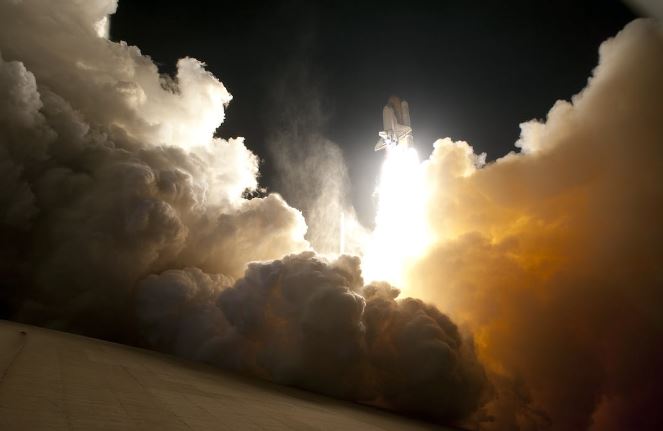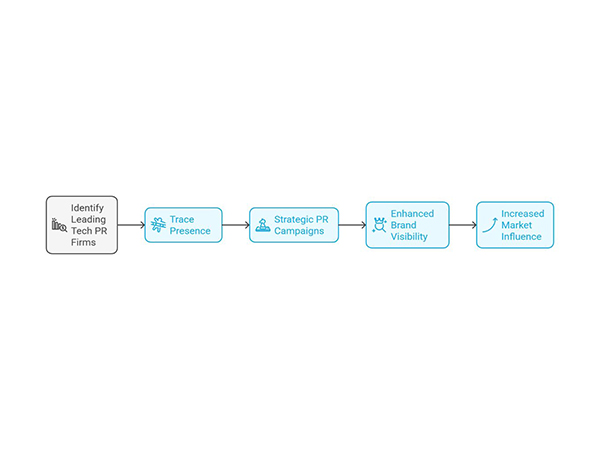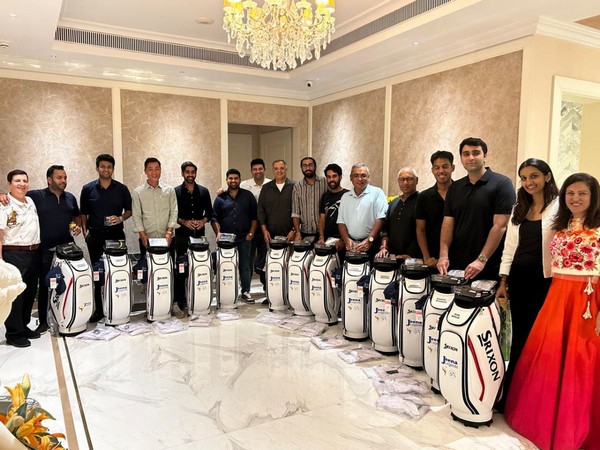
Russia's moon craft starts processing first data
Aug 14, 2023
Moscow [Russia], August 14: Russia switched on the scientific instruments aboard its lunar lander and scientists began processing its first data as the space craft sped towards the moon in a bid to be first to find ice on the Earth's only natural satellite.
The Russian Luna-25 mission, the first since 1976, is racing against India, which launched its Chandrayaan-3 lunar lander last month, to complete a soft landing on the moon's south pole where scientists believe there are pockets of water ice.
A Soyuz 2.1 rocket carrying the Luna-25 craft blasted off from the Vostochnycosmodrome in Russia's Far East at 2:11 a.m. on Friday Moscow time and was boosted out of Earth's orbit an hour later.
As it hurtles towards the moon, which is 384,400 km (238,855 miles) from our planet, the scientific instruments were switched on with the first data on the flight measured, Russia's space agency said.
"The first measurement data on the flight to the Moon has been obtained, and the project's scientific team has begun processing it," Roscosmos said.
"Luna-25 continues its flight to the Earth's natural satellite - all systems of the automatic station are working properly, communication with it is stable, the energy balance is positive," it said.
Luna-25, roughly the size of a small car, will aim to operate for a year on the moon's south pole, where scientists at NASA and other space agencies in recent years have detected traces of water ice in the region's shadowed craters.
There is much riding on the Luna-25 mission for Russia: if it succeeds, Russia is likely to say it shows that the West's sanctions over the Ukraine war cannot hold Russia back.
But failure would again raise questions over Russia's space ambitions after the decades of superpower space competition with the United States during the Cold War.
U.S. astronaut Neil Armstrong gained renown in 1969 for being the first person to walk on the moon, but the Soviet Union's Luna-2 mission was the first spacecraft to reach the moon's surface in 1959, and the Luna-9 mission in 1966 was the first to make a soft landing there.
After the United States won the battle to put a man on the moon, Moscow then focused on exploring Mars and since the 1991 fall of the Soviet Union, Russia has not sent scientific probes beyond Earth's orbit.
Russia said on Friday that it would launch further lunar missions and then explore the possibility of a joint Russian-China crewed mission and even a lunar base.
Source: Fijian Broadcasting Corporation









